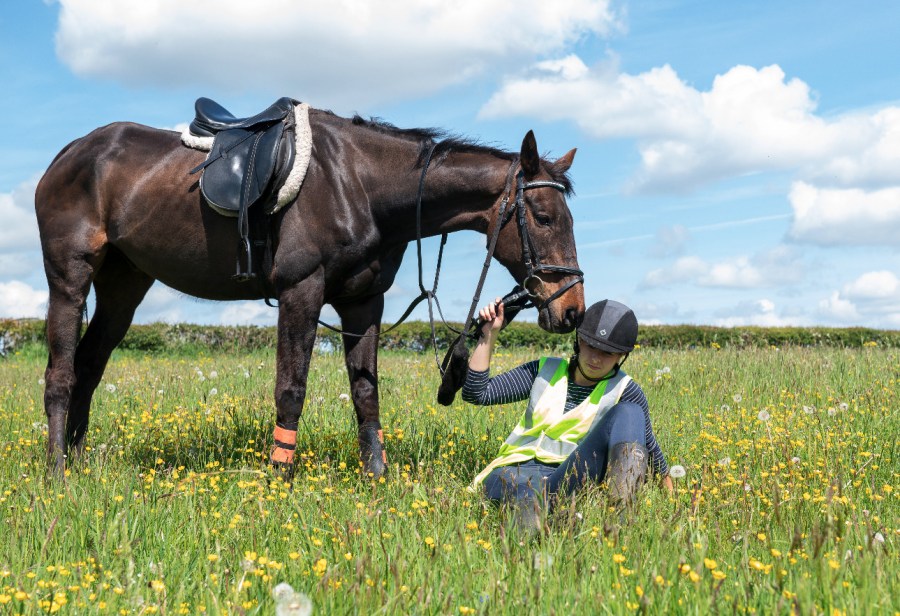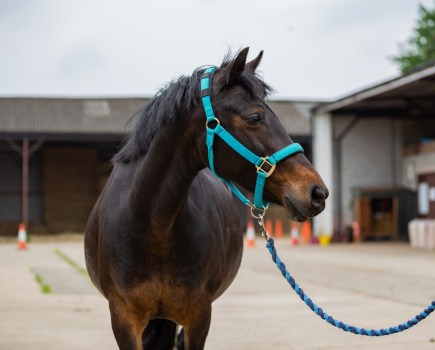The number of legal claims involving horses are expected to rise as more people taking up the sport, a personal injury lawyer has warned. Rachael Stibbe, a Senior Associate in the Personal Injury team at Furley Page, said it was vital for all road users, including riders, to know their rights.
Over three million people were involved in riding activities last year, representing an increase from 2018, according to the 2023 National Equestrian Survey, and thousands are injured in accidents every year.
“Approximately 3,000 accidents involving horses occur every year, some of which are unavoidable while others are a result of another person’s actions or negligence,” said Rachael. “Riding and equestrian accidents can occur in a variety of circumstances and the injuries sustained can be serious and life changing.
“There are any number of ways in which a horse might be involved in an accident that results in an injury to a person, but in order to claim compensation, the accident has to have been at least partly someone else’s fault. Riders owe a duty of care to other road users, which extends to other riders, pedestrians, cyclists and vehicle drivers.
“There are a variety of methods through which blame might be established, including through negligence, The Animals Act, and various workplace or road traffic laws.”
Know your responsibilities
Rachael shared the following potential areas for legal claims:
- Working with horses – The employer must take reasonable steps to ensure the health and safety of employees working with horses.
- Escaped horses – The onus is on the owner to take reasonable measures to ensure that the horse cannot get out. That means, for example, ensuring that there is appropriate, well-maintained fencing.
- Horses on roads – For claims involving riders, pedestrians, or those in vehicles in a collision with horses, the circumstances surrounding the accident must be examined to establish who is to blame and whether there is, therefore, a claim.
- Riding lessons and accidents at the yard – The instructor must ensure that the ability of the rider matches the horse and carry out reasonable checks that the rider was fit to ride. Also, the instructors have a duty to provide suitable equipment and not let the rider wear unsuitable clothing, footwear, or headgear.
- Accidents in competitions – These types of accidents could involve injury to a participant or a spectator. Either way, the competition organisers, as well as those taking part, have a duty to take protective measures for the safety of those involved.
- Unknown characteristics of the horse – This usually involves a horse recently purchased where, for example, the seller has not disclosed a medical or temperamental condition causing the horse to bolt or buck, for example.
- Faulty or ill-fitted equipment – There is a degree of overlap here with riding lessons and workplace accidents but equally, someone may have been sold faulty equipment which might lead to a claim against the seller.
“We all know that horse owners love their animals, but they should never forget that horses are extremely powerful and can be temperamental, and health and safety should always be at the forefront of their thoughts,” Rachael continued. “When it comes to unscrupulous sellers, unfortunately there are plenty around and it can be easy even for very experienced riders to be fooled. The one bit of advice I always give is, if it seems too good to be true, it probably is!”
Rachael advised obtaining legal advice from a qualified specialist solicitor if you are involved in a riding or horse-related accident that wasn’t your fault. For further information, email res@furleypage.co.uk or visit www.furleypage.co.uk









